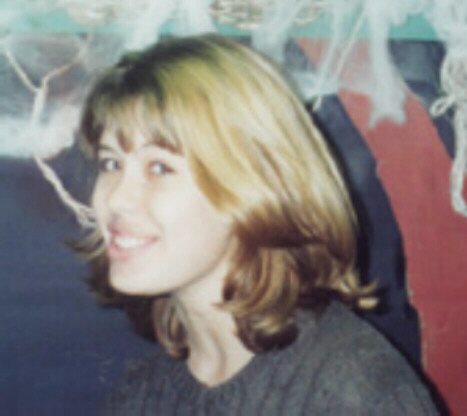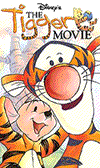|
|
|
How Does Film Change Literature?
By Melissa Williams  and
Amy Brown
and
Amy Brown
| Overview | Intended Audience | Statement of Objectives | Detailed Activity Description (Class 1) | Detailed Activity Description (Class 2) | Helpful Links |
Overview: This
activity allows children to evaluate and compare both books and movies.
Throughout this lesson students will discover how the media changes story
lines and/or dialogues of books in order to create a movie. The students
will have discussions how movies and books (of the same story) can have
different effects on society. Students will use their critical thinking
skills to differentiate between the written story and the screen story.
The point of this lesson is to integrate literature with media's presentation
of a story.
Intended Audience: This lesson is for second graders who have been exposed to certain books (which will be later compared to the movie made after that book). The learner should have an objective attitude and be able to compare and contrast. Students at this level should be able to identify similarities and differences fairly easy. They should also be able to pick out main characters and other elements of the story. It may be difficult for them to transfer their classmates stories into movies, but with the aforementioned ability to distunguish story elements, this should be something they can work through.
Detailed Activity Description:
1. Materials:
 The Tigger Movie
The Tigger Movie
- Book: Tigger's Family
- video camera
- TV
- VCR
- Video tapes (for recording)
Day One
A. TSW read the chosen book and write a response
and evaluation of the book (this will include their feelings, plot details,
character description, settings, story, and their over-all opinion of the
book). Link to Higher
Order Thinking questions that will help with this section.
B. TSW watch The Tigger Movie and write another
evaluation but this time on the movie (the evaluation will be the same
format as the book evaluation).
Link to Higher Order Thinking questions that will help with this section.
Link to The Tigger Movie Trailer
Link
to online book that the Tigger Movie is based on.
C. Have an in class IC on the similarities
and differences of the book and movie (use higher order thinking Questions
below to help promote discussion)
Higher Order Thinking Questions
1. What is the major difference between the main character in the book
and the movie?
2. What facts or ideas lead to the differences in the main character?
3. What approach would you use to make the movie more like the book?
More different?
4. What is the things justify the movie being different from the book?
5. What can be changed to improve the movie?
6. What way would you have designed the movie?
Day Two
a. Students will get into groups of
four and create and write a story on subject of their choice
b. Once each group has written a story the
stories will be acted out by a different group (other than the group that
wrote each story) The contents of this reenactment will be determined by
the students. They have to decided what needs to be done to accurately
portray the story. Each reenactment will be video taped as if they
are making a movie and last 3-5 minutes per group.
c. Class discussion on how the original stories
were changed from the written version and the mini movies, discussion will
lead into the connection between activity in part one (student evaluated
movies and books) and part two (students became authors and media), and
how media changes written text no matter who the author is or the actors
are.
d. For homework TSW construct a Venn
diagram on the differences and similarities between media (meaning
movies) and the corresponding written text (meaning books or stories)
1. The Disney site-This will give you information on the movies and books recommended for this lesson.
2. Welcome to the center for media education- this is a site to aid teachers in media education.
3. Cable in the classroom- this is a link with activities that inspired this lesson; use this site to get more ideas and see how media improves learning.
4. Articles
about media education- This aritcle lists terms that will give you
a better understanding of media literacy education.